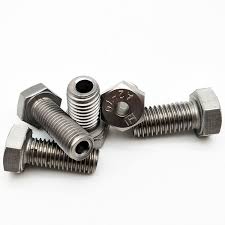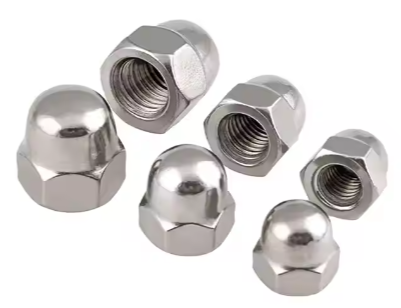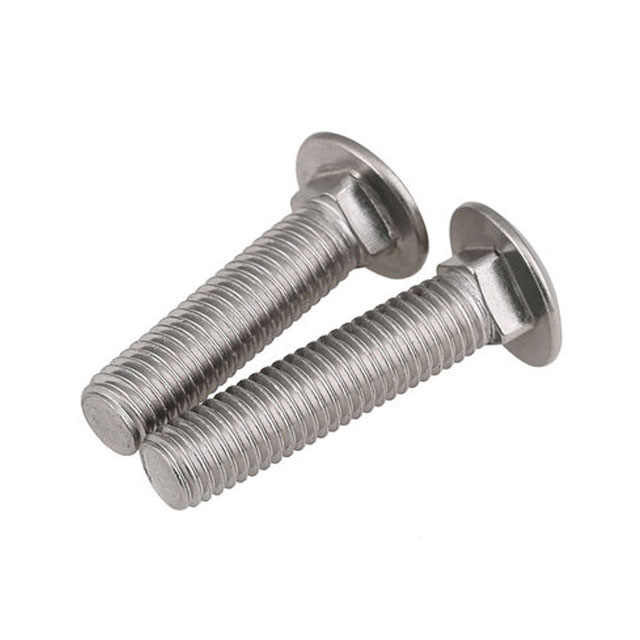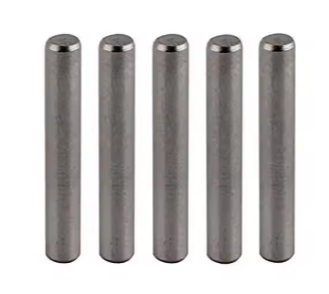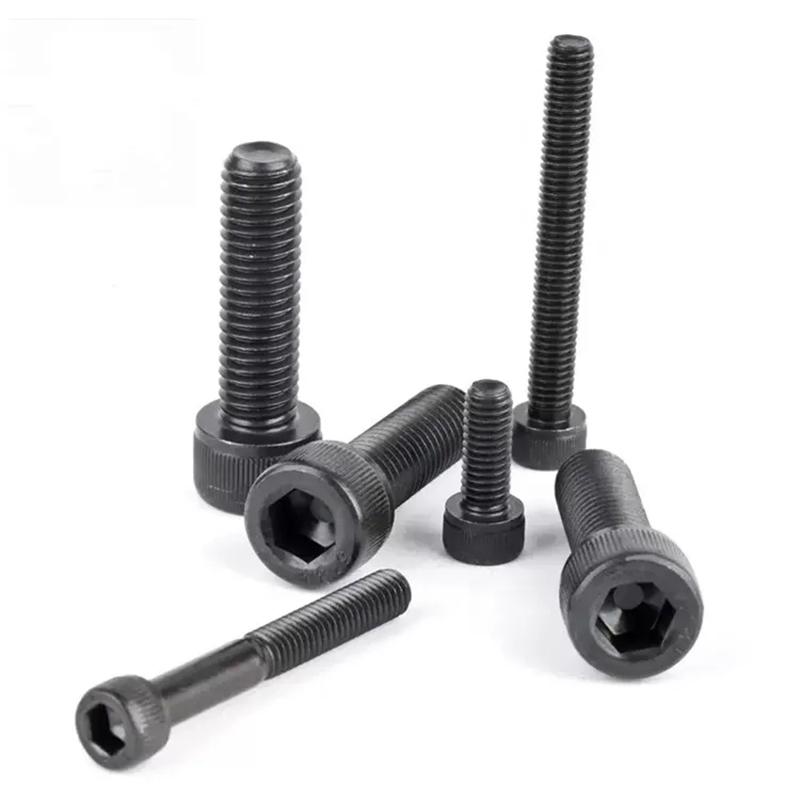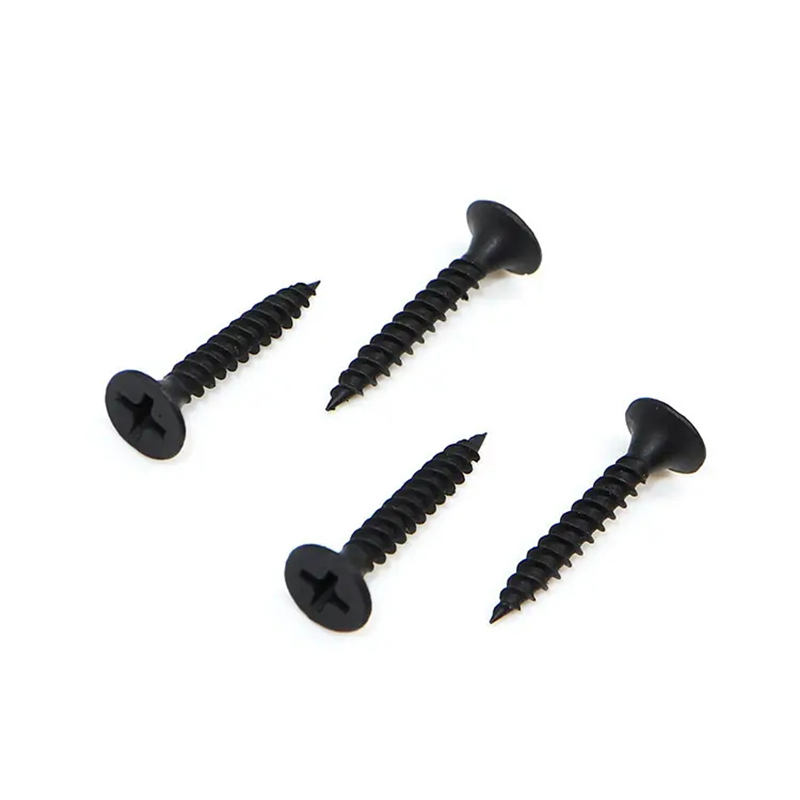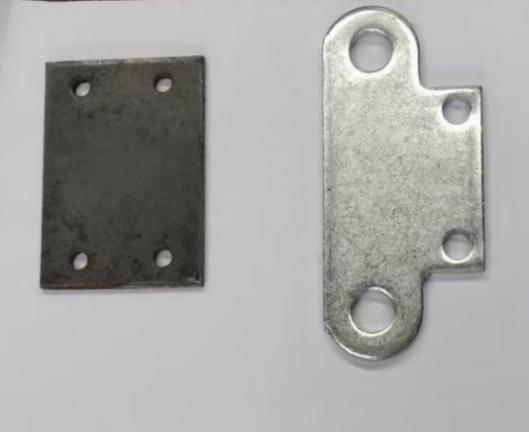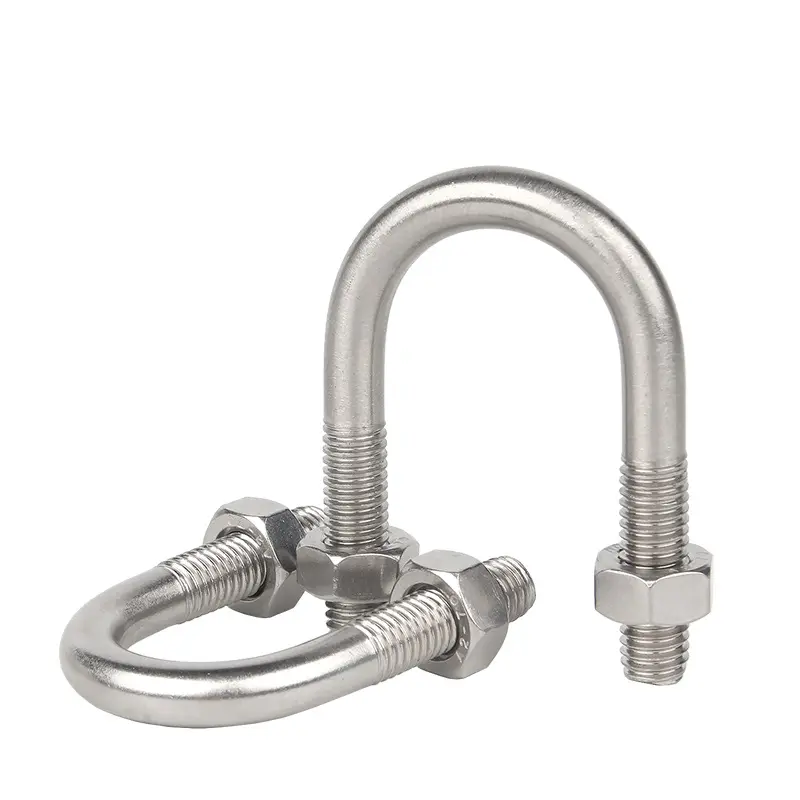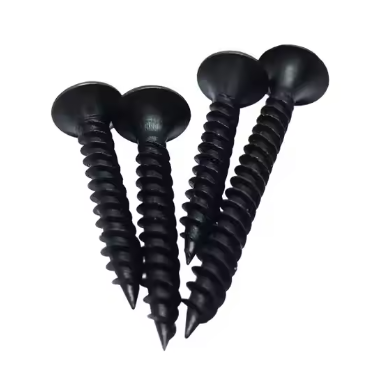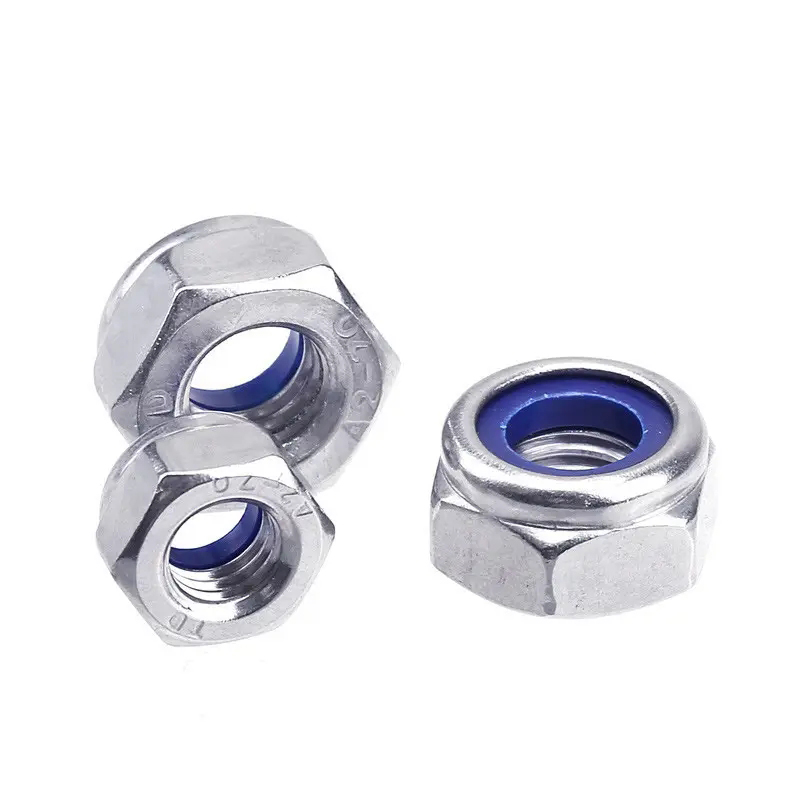

This comprehensive guide explores everything you need to know about galvanized nuts, covering their types, applications, advantages, and how to choose the right ones for your specific needs. We'll delve into the material properties, manufacturing processes, and common uses, equipping you with the knowledge to make informed decisions for your projects. Learn about different finishes, sizes, and strengths, ensuring you select the perfect galvanized nut for optimal performance and longevity.
A galvanized nut is a fastener made from metal, typically steel, that has undergone a process called galvanization. This process involves coating the nut with a layer of zinc, offering superior protection against corrosion and rust. This increased durability makes galvanized nuts ideal for outdoor applications or environments with high humidity. The zinc coating not only protects the underlying metal but also enhances its lifespan significantly. Choosing the right grade of zinc coating is crucial depending on the expected environmental conditions.
While steel is the most common base material, galvanized nuts can also be made from other metals like brass or stainless steel, each offering unique properties and corrosion resistance. Steel galvanized nuts, for example, offer a balance of strength and cost-effectiveness. Stainless steel galvanized nuts provide superior corrosion resistance, making them suitable for extreme environments. The choice of material depends heavily on the intended application.
Galvanized nuts are available in various thread types, including coarse threads and fine threads. Coarse threads are generally easier to assemble and disassemble, while fine threads provide a tighter fit and greater resistance to loosening. The selection of thread type depends on the specific application requirements and the desired level of precision.
The zinc coating itself can have different finishes, impacting both appearance and corrosion resistance. Some common finishes include electro-galvanized and hot-dip galvanized. Electro-galvanizing provides a thinner, more uniform coating, while hot-dip galvanizing produces a thicker, more durable coating. The choice of finish influences the cost and longevity of the galvanized nut.
Selecting the appropriate galvanized nut involves considering several factors:
Galvanized nuts are incredibly versatile and find use in various industries and applications, including:
For superior quality galvanized nuts and other fasteners, consider exploring reputable suppliers like Hebei Dewell Metal Products Co., LTD. They offer a wide selection of sizes, materials, and finishes to meet diverse project needs. Always ensure your supplier provides quality certifications and guarantees for their products.
Selecting the correct galvanized nut is crucial for ensuring the longevity and performance of your projects. By understanding the different types, applications, and factors influencing your choice, you can make informed decisions that optimize your outcomes. Remember to always prioritize quality and choose a reputable supplier to guarantee the durability and reliability of your fasteners.

